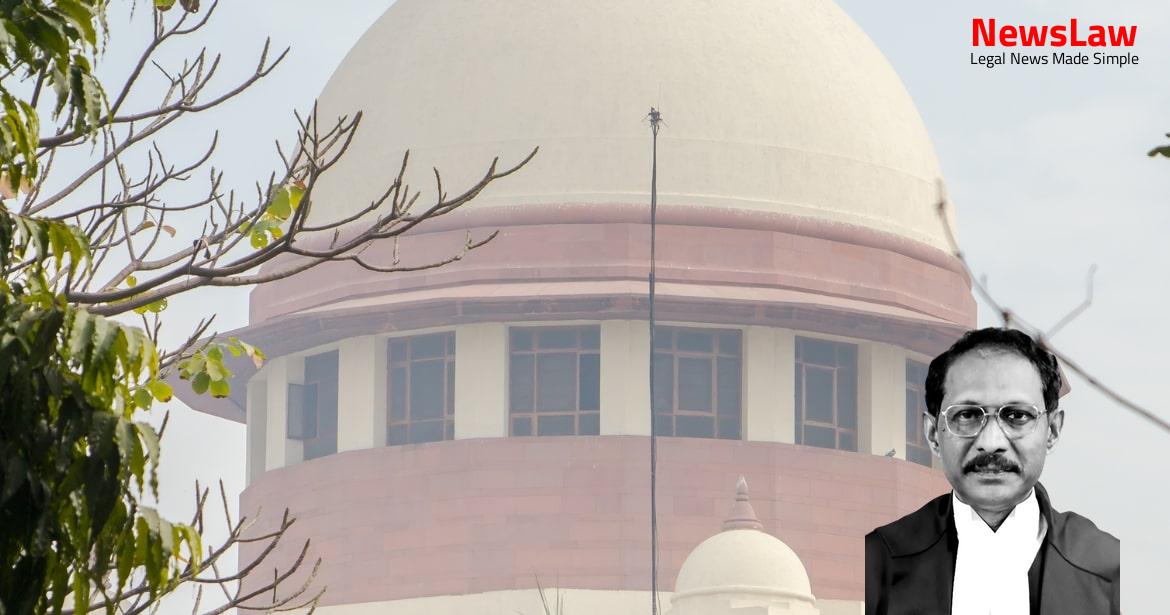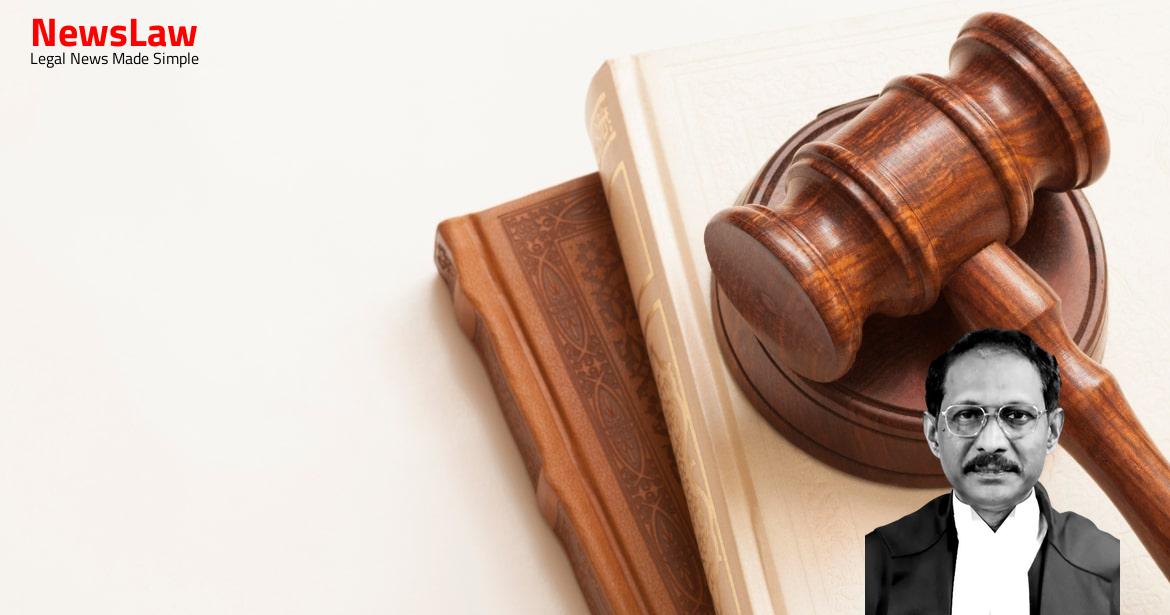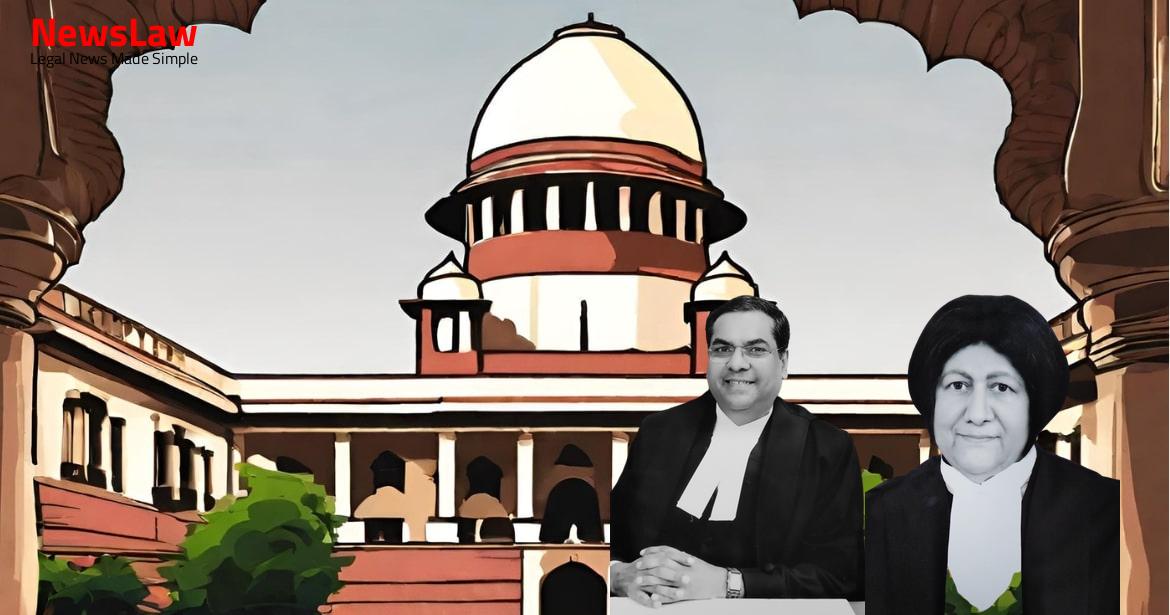Explore the in-depth legal analysis conducted by the court regarding age relaxation eligibility in government job recruitment. Delve into the complexities of determining departmental candidates’ status and the relevance of promotional channels in the recruitment process. Gain insights into the interpretation of governmental circulars that influence such crucial decisions.
Facts
- The challenge in the appeal is to an order passed by the Delhi High Court affirming the order of the Central Administrative Tribunal.
- The Tribunal allowed the original application filed by the respondent granting her age relaxation for appointment to the post of PGT (English) Female.
- It was held that the Corporation falls under the ambit of Government Organisation, making the respondent eligible for the age relaxation.
- The age limit for the post the respondent applied for was 36 years
- The respondent was born on 10.2.1976 and was over 36 years old on the closing date of applications
- The respondent has been serving as a Teacher (Primary) in South Delhi Municipal Corporation since 7.4.2006
- The advertisement invited applications for various posts including PGT (English) Female, Post Code No 133/2012
Also Read: Supreme Court Judgment on Single Till Mechanism for HRAB Calculation: A Comprehensive Analysis
Arguments
- Mr. Jha, learned counsel for the respondent, admitted that the reproduction by the High Court from the advertisement was a condition for a subsequent selection process initiated in 2016.
- The appellants sought the fixation of pay under Fundamental Rule 22-C.
- The argument that Assistant Teachers in Municipal Corporations are not government servants, as established in a previous case, was brought up.
- Mr. Jha argued that the respondent is a departmental candidate eligible for promotion based on Recruitment Rules for the post of Trained Graduate Teacher (MIL) under the Directorate of Education, Delhi Administration.
- The claim that the respondent is in the feeder cadre and should be treated as a departmental candidate was deemed unsustainable by the Court.
- The Court ruled out the respondent’s eligibility for age relaxation as they are not a government servant or a departmental candidate, citing a Circular of the Government of India.
- The respondent, as an employee of the autonomous body (Corporation), was deemed ineligible for age relaxation.
Analysis
- The respondent is not a government servant but is employed in an autonomous body.
- The Circular of the Government of India dated 27.3.2012 specifies that age relaxation benefits are only for civil employees of the Central Government, not for employees of autonomous bodies or public sector undertakings.
- The term ‘Departmental Candidates’ refers to those working in the concerned Department, in this case, Education.
- The High Court mistakenly quoted a wrong provision in its order regarding subsequent advertisements.
- Age relaxation benefits are applicable to government servants and departmental candidates.
- Recruitment Rules provide a promotion channel for teachers in the Municipal Corporation.
- Promotion channel is not comparable to appointment as a direct recruit.
- Respondent is not entitled to age relaxation as she cannot be considered a departmental candidate for direct recruit appointment.
Also Read: Selection and Appointment of Judicial Officers in Himachal Pradesh
Decision
- The appeal is allowed.
- The orders of the High Court and Central Administrative Tribunal are set aside.
- The respondent is entitled to be considered for promotion based on seniority as per statutory rules.
Case Title: DELHI SUBORDINATE SERVICES SELECTION BOARD (DSSSB) Vs. SEEMA KAPOOR (2021 INSC 348)
Case Number: C.A. No.-004461-004461 / 2021



